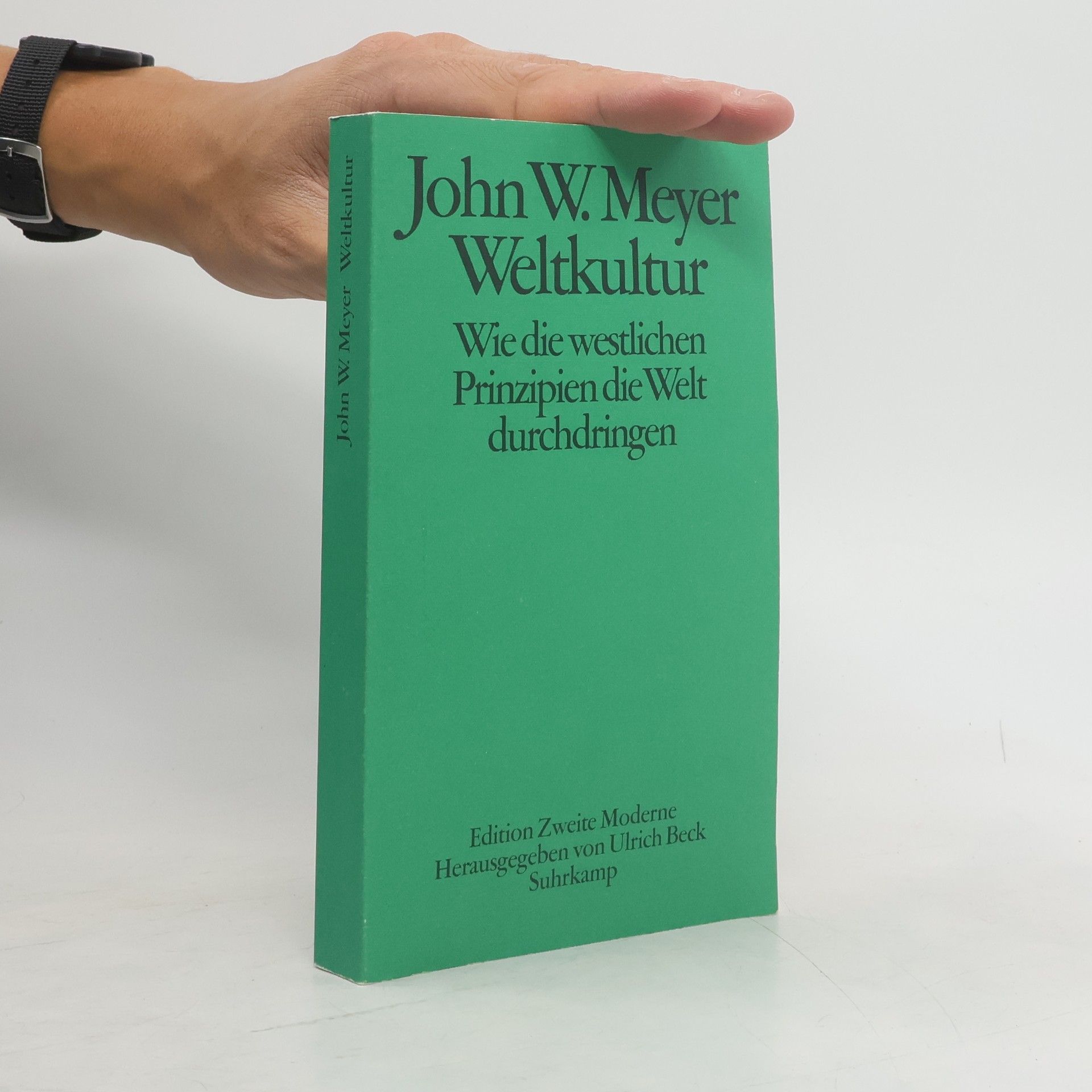Over the past three decades, Meyer and Jepperson have contributed to the development of one of the leading approaches in social theory, by analysing the cultural frameworks that have shaped modern organizations, states, and identities. For the first time, this volume collects the essential theoretical ideas of 'sociological neo-institutionalism.'
John W. Meyer Knihy
Tato sbírka je výsledkem obrovského množství studentských příspěvků zaslaných do časopisu TeenInk. Díla čerpají z proudu prózy, poezie, umění a fotografie, které představují hlasy mladých tvůrců. Výtěžek z prodeje knih podporuje nadaci na podporu mladých autorů, jejímž cílem je rozšiřovat možnosti čtení, psaní a publikování pro mladé lidi. Tato publikace nabízí jedinečný pohled na témata a perspektivy, které rezonují u dospívající populace.


Trotz nationaler Grenzen und kultureller Unterschiede ist auf der globalen Ebene eine erstaunliche Gleichförmigkeit der Konzepte von Staatlichkeit, Organisation und Individualität zu beobachten. Wie läßt sich dieses Phänomen erklären? Für John W. Meyer stellt die sich entwickelnde Weltgesellschaft allgemeine Handlungsmodelle zur Verfügung, wie sich Staaten, Organisationen und Individuen als zentrale Akteure der Moderne zu verhalten haben, um gesellschaftliche Anerkennung zu finden. Die Modelle sind ebenso wie die Weltgesellschaft selbst in der Kultur der Moderne begründet. Ihre Genese, Strukturmerkmale und Folgen werden theoretisch hergeleitet und empirisch an unterschiedlichen Beispielen (Staatsaufgaben, Bildung, Umweltschutz) aufgezeigt.